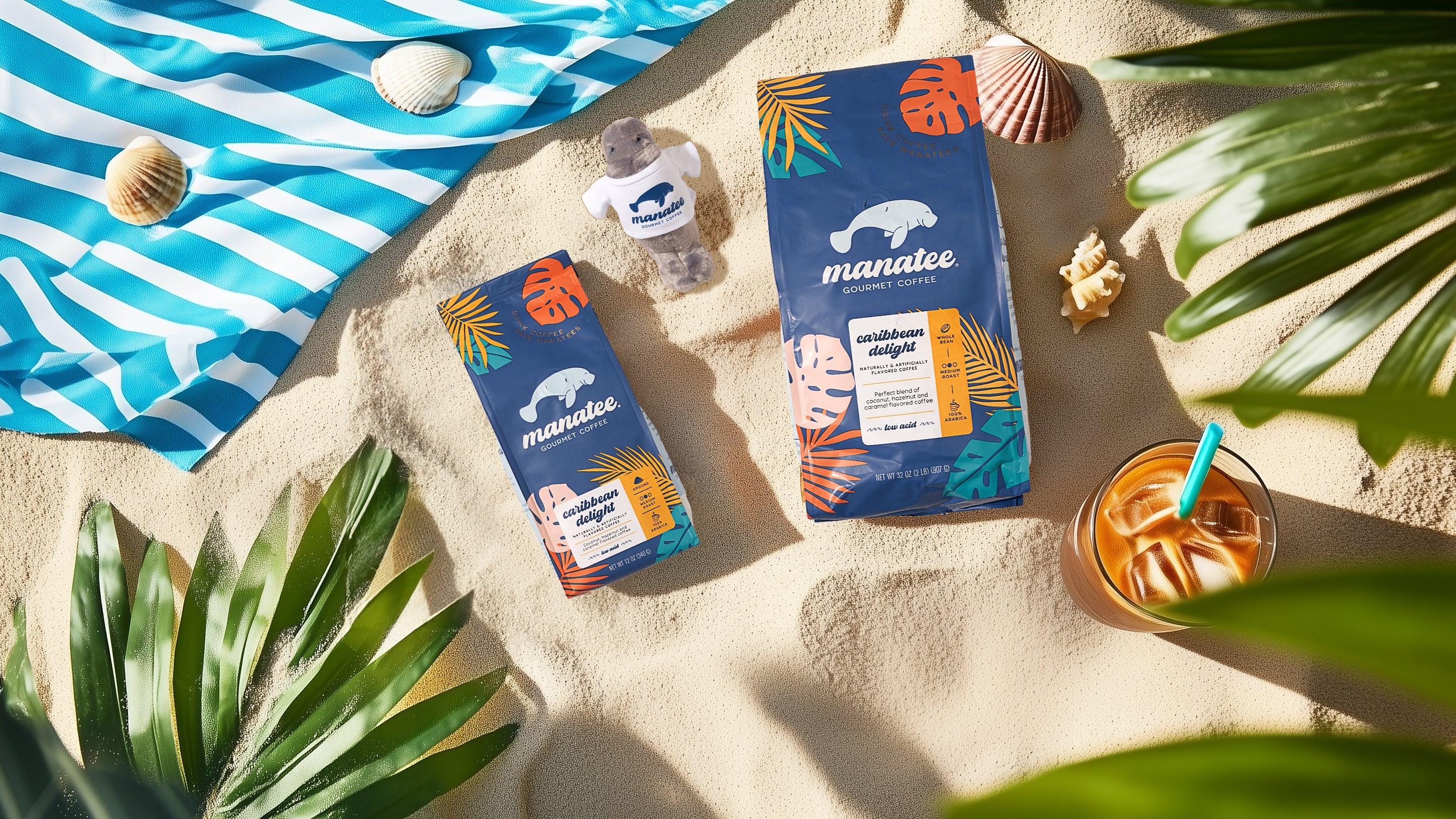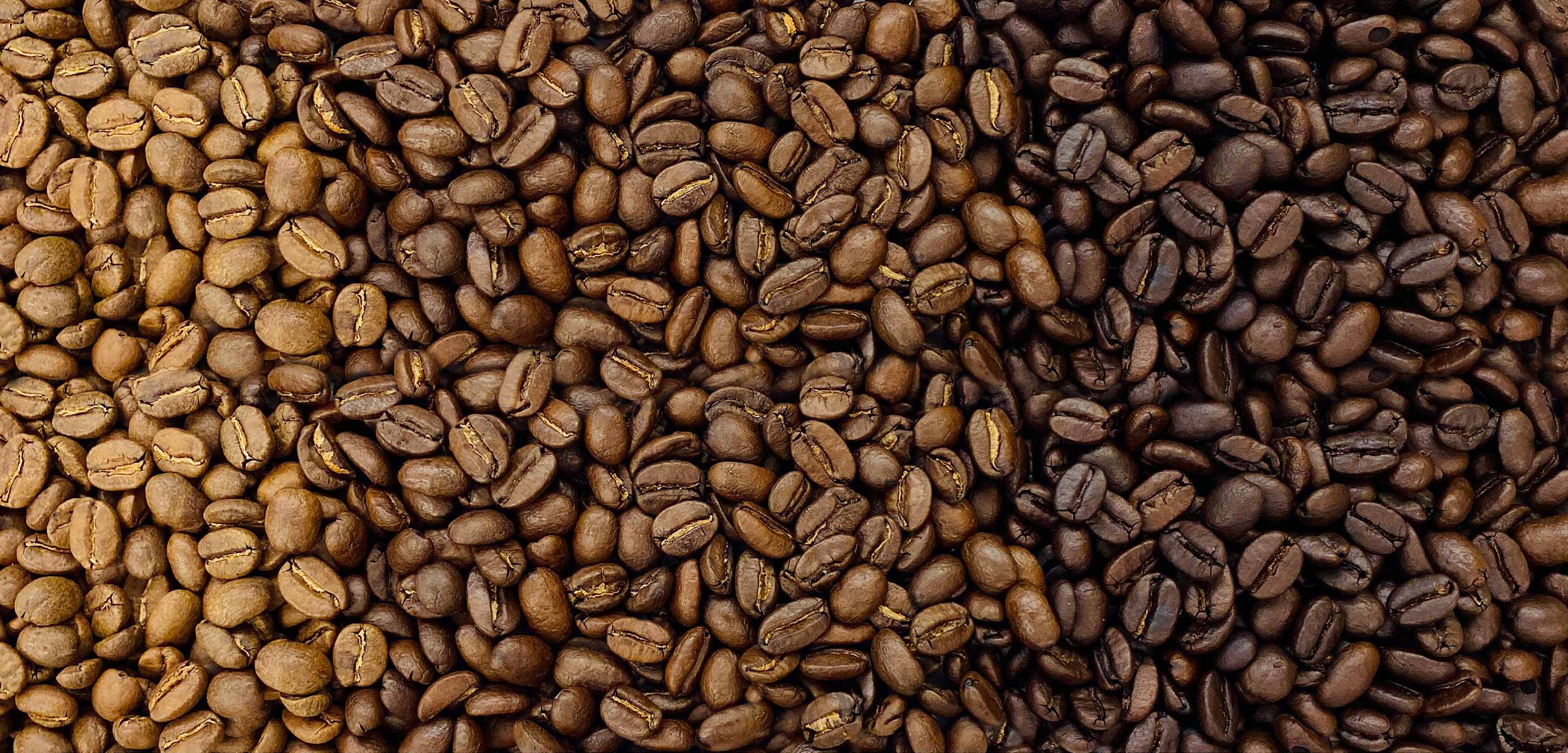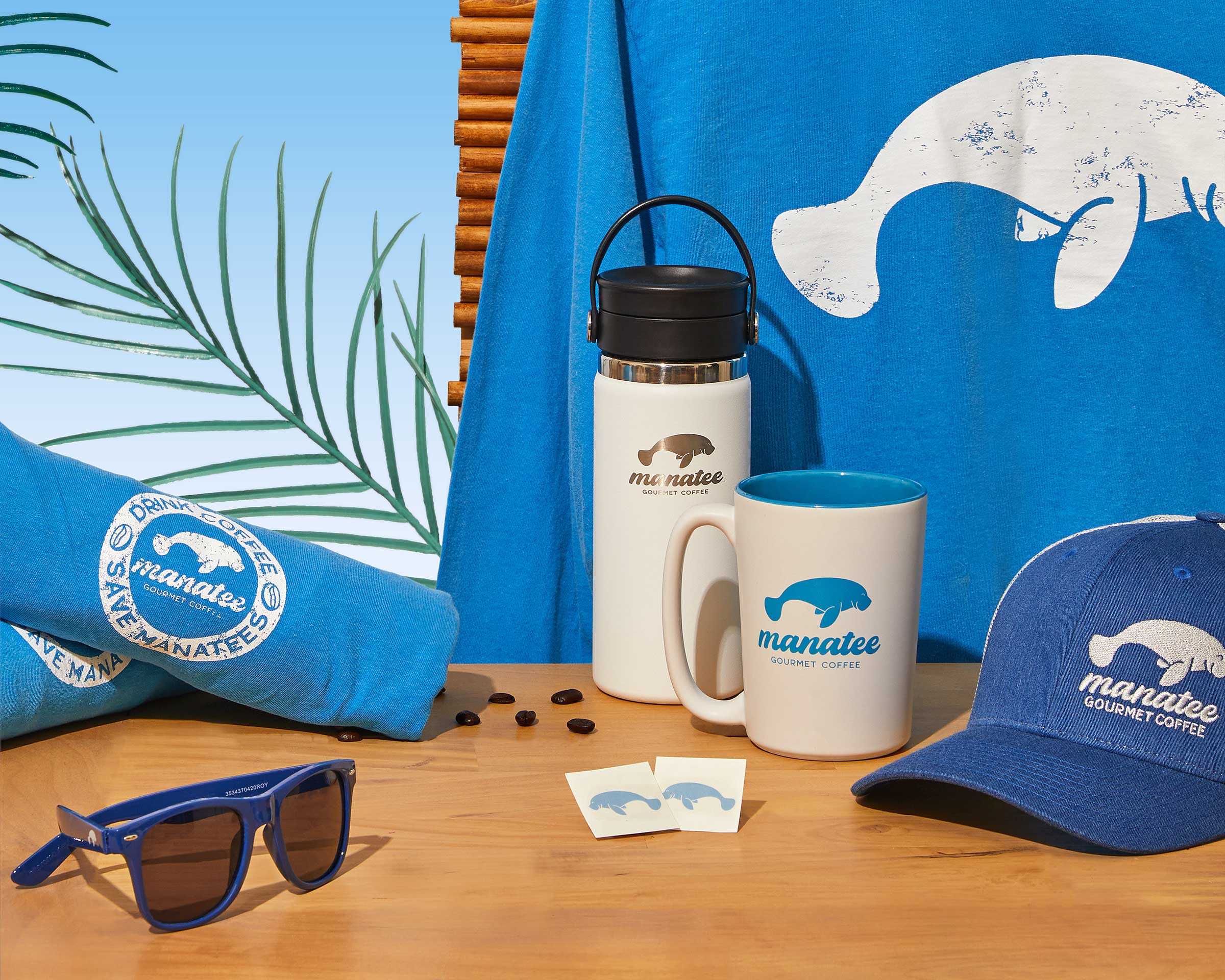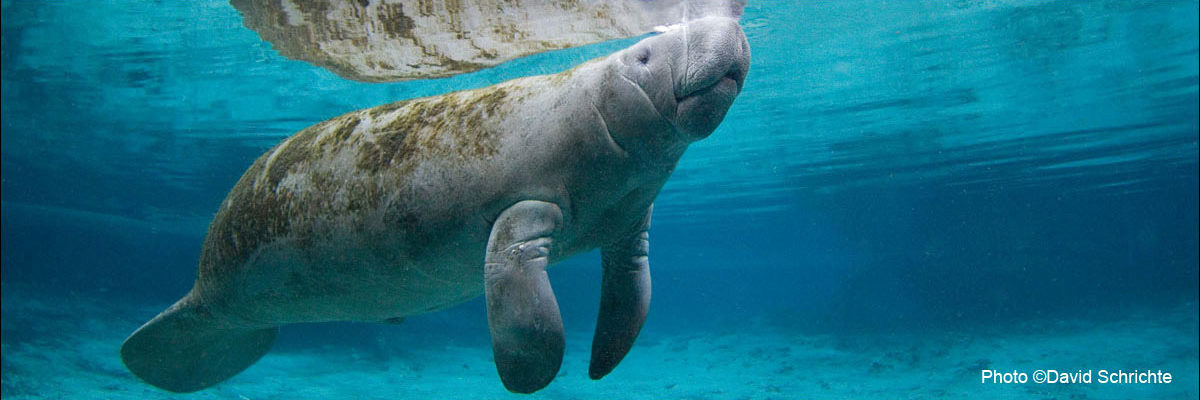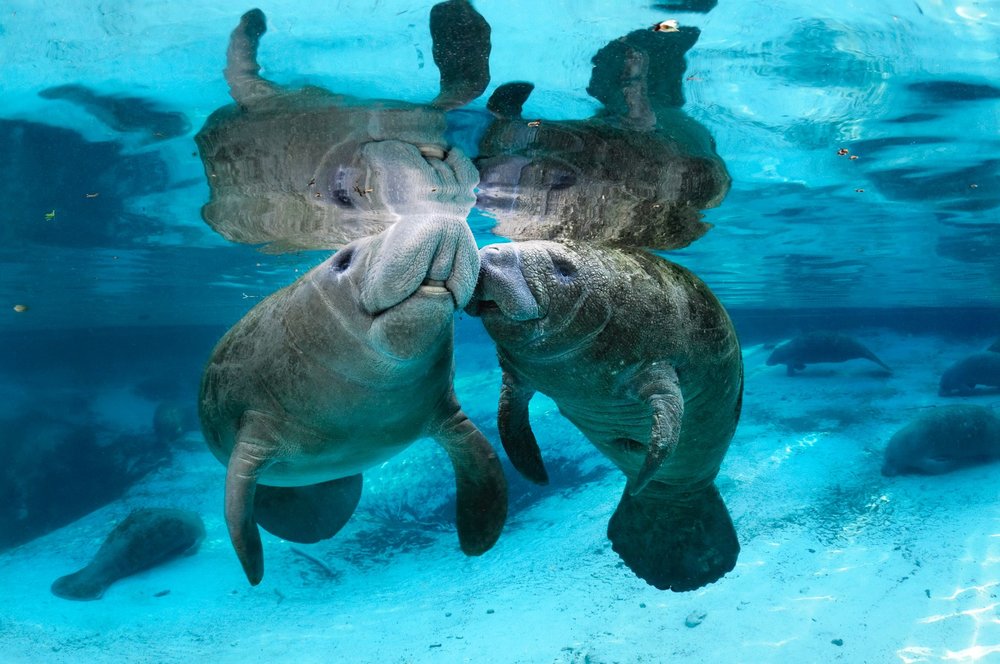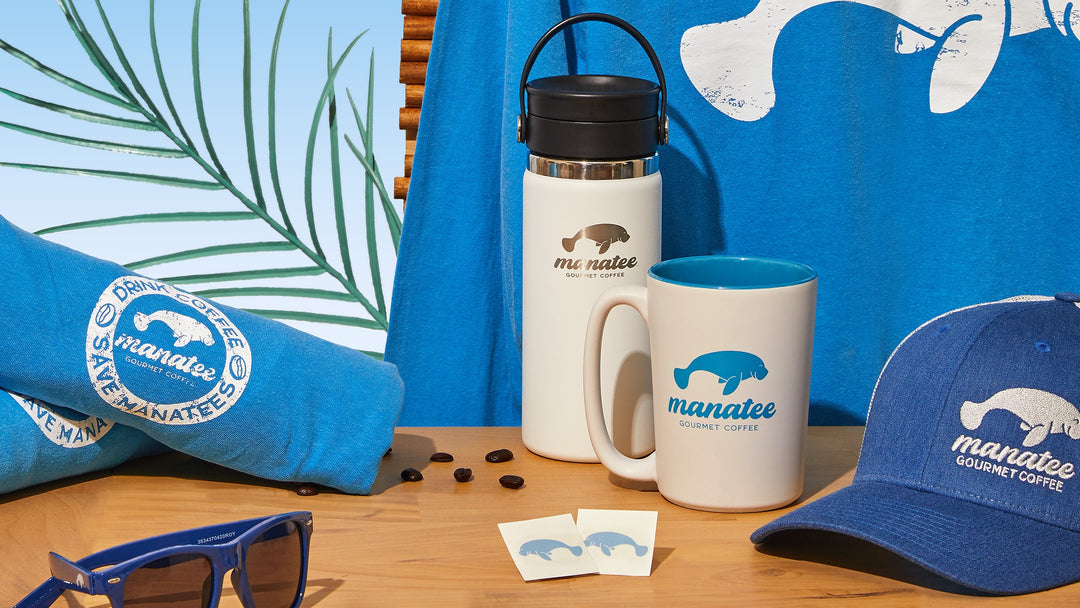Encountering a manatee in the wild can be an unforgettable experience. Their curious nature has captured our hearts for hundreds of years. Christopher Columbus even thought they were mermaids! As adorable as they are, manatees are wild animals and should never be given food or water.
Many people don’t realize that it is wrong to give food or water to manatees. Despite their appeal, these actions could alter manatees’ behavior and put them in harm’s way.

Here’s Some Myths and Facts About Feeding or Giving Water to Manatees:
Myth: I don’t see the harm in giving manatees food or water! Don’t they like it?
Fact: They are wild animals. Giving them food or water disrupts their behavior and natural diet and could eventually kill them.
After a dog is given “human food,” it may beg for handouts, get itself into trouble looking for more, or have digestive issues. This same pattern is even more detrimental to wild manatees. Manatees may lose their fear of people and boats as they learn to associate them with handouts. “Tamed” manatees may approach a boat or dock expecting food, only to be harassed, injured, or killed. Plus, the foods people might give manatees are not part of their natural diets or behavior.
Yes, that means don’t even give them lettuce. You may have seen some manatees in captivity or at rehabilitation facilities eating lettuce given by animal care staff. This is necessary while they are cared for by professionals, who do not even hand-feed the manatees. Instead, they might use methods such as floating or sinking the lettuce to simulate surface or bottom feeding, so the manatees do not associate people with food. Wild manatees should never be given lettuce or any food.

Myth: But not all people or boats are bad, so why is it bad for manatees to approach them?
Fact: Most people are responsible, but some aren’t, so we must work together to prevent manatees from approaching any people.
It’s hard to believe anyone would intentionally want to harm a gentle manatee, but there are bad people out there. Save the Manatee Club has heard of situations where people were intentionally using plants and baiting and hooking manatees or trying to separate mothers and calves for their own amusement.
Manatees have a natural fear of people and loud noises, but they can lose that fear when they associate people with a reward, like being pet or fed. Instead of becoming aggressive, manatees can become too friendly for their own good.
While most folks mean well, and may not be aware that their actions can alter the manatee’s behavior, there are some uncaring people out there who want to intentionally harm manatees, and it’s best to prevent manatees from approaching anyone in the first place.
Myth: Manatees need food and fresh water anyway. Aren’t I helping them out?
Fact: Manatees can find food and water on their own just fine.
Manatees are herbivores, feeding on aquatic vegetation such as seagrass and other submerged, floating, and emergent plants. While seagrass beds may be declining in some areas, there is plenty of vegetation to sustain a healthy manatee population. Manatee intake of water occurs while eating aquatic plants as well as actively drinking. They can survive in fresh, brackish, or salt water and are skilled at finding natural sources of fresh water. They do not need to drink fresh water every day.
This means people do not need to give manatees water from hoses. Manatees can take care of their own fresh water needs. Encouraging manatees to approach boats or docks to drink from a hose changes their wild behavior and could put them in harm’s way.

Myth: I still don’t see why it’s a big deal to give manatees food or water.
Fact: It is illegal to give manatees food or water.
Manatees are protected under state and federal law. These laws make it illegal to feed, harass, pursue, injure, or kill manatees. Feeding manatees, giving them water, or otherwise altering their behavior can be considered harassment.
According to the Florida Fish and Wildlife Conservation Commission, anyone convicted of violating state law faces maximum fines of $500 and/or up to 60 days in prison. Conviction for violating federal protection laws is punishable by fines up to $100,000 and/or one year in prison. Not worth it!
Myth: I grew up giving manatees food and water. It’s one of my favorite memories from back in the day. So why should I stop now?
Fact: We have learned a lot since then and now know better.
We have come a long way and learned a lot about manatees in recent years, especially that feeding and giving water to manatees seriously disrupts their natural behavior and could put them in harm’s way.
Keep those fun manatee memories in your heart and do your part to protect them now for future generations. Be a good example, spread the word, and learn more at savethemanatee.org.
Watch this 1-minute video to learn why you should never give manatees food or water.
This article was originally published by Save the Manatee Club.
500 N. Maitland Ave., Suite 210, Maitland, FL 32751
Phone: 1-800-432-5646 | 407-539-0990

